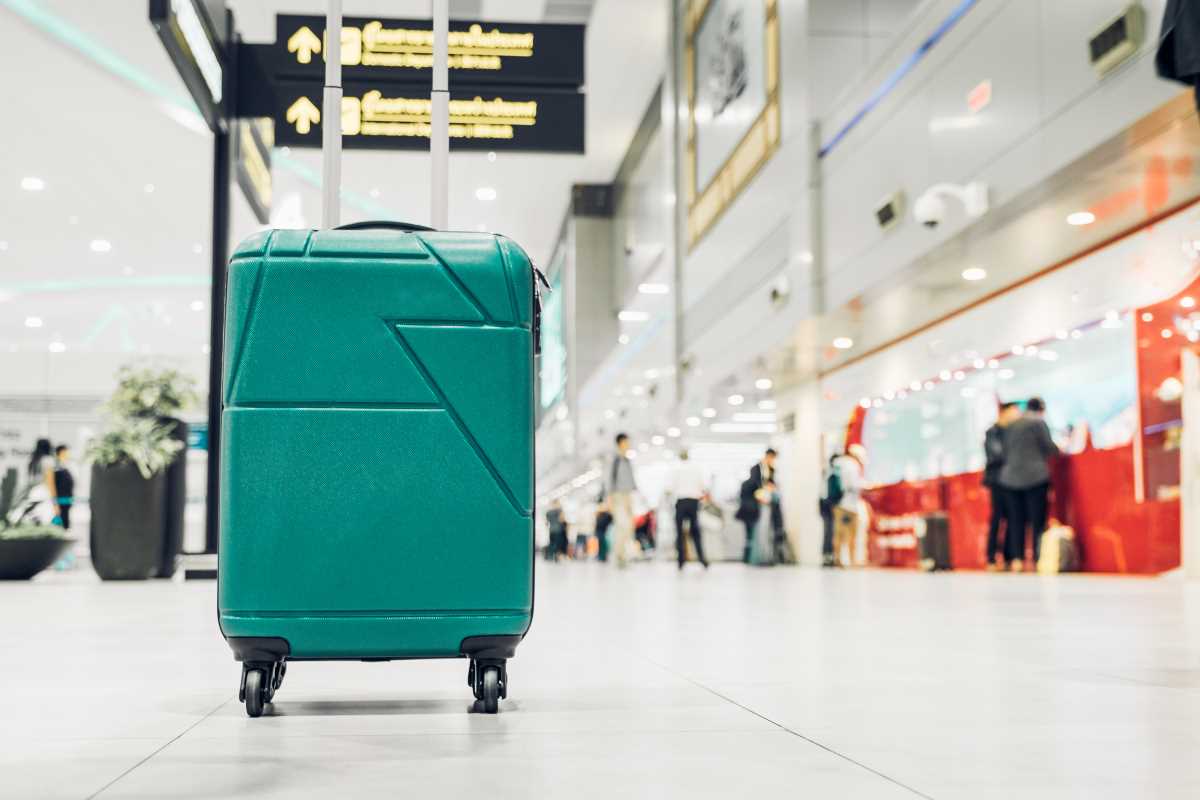Group trips can be a source of lifelong memories or a breeding ground for unnecessary stress and conflict. The key to ensuring a smooth and enjoyable experience lies in careful planning, clear communication, and a willingness to compromise. While traveling with a group can be challenging, it’s also an opportunity to bond, share costs, and explore new destinations together. With the right approach, you can avoid drama and create a trip everyone will enjoy.
Establish Clear Goals for the Trip
Before diving into the logistics, it's important to clarify what everyone wants from the trip. Misaligned expectations are a major source of conflict. Are you planning a relaxing beach vacation, a high-energy sightseeing tour, or a mix of both?
- Ask for Input Early: Send out a poll or group message to gather everyone’s preferences regarding the destination, activities, and budget.
- Prioritize Shared Interests: While it’s impossible to please everyone, aim to create a trip incorporating elements everyone will enjoy.
Assign Roles and Responsibilities
Planning a group trip can be overwhelming if one person shoulders all the responsibility. Divide tasks among group members to share the workload and ensure everyone feels involved.
- Designate a Leader: Choose an organized and diplomatic person to oversee the trip’s overall planning.
- Delegate Specific Tasks: Assign roles such as booking accommodations, researching activities, or coordinating transportation.
- Use Technology: Shared tools like Google Docs or apps like TripIt can help organize itineraries and track progress.
Set a Realistic Budget
Money is one of the most common sources of tension during group trips. To avoid financial disagreements, establish a clear budget from the start.
- Be Upfront About Costs: Discuss the trip’s estimated expenses, including accommodations, transportation, meals, and activities.
- Consider Everyone’s Financial Situation: Choose options that align with the group’s overall budget, and be mindful of any financial constraints.
- Plan for Shared Expenses: Use apps like Splitwise or Venmo to track and divide costs fairly.
Choose Accommodations That Suit the Group
Where you stay can greatly impact the dynamics of the trip. When selecting accommodations, consider the group’s size, preferences, and personal space needs.
- Rent a Vacation Home: Houses or villas often offer communal spaces for bonding and separate bedrooms for privacy.
- Book Multiple Rooms: If a shared space isn’t ideal, opt for separate hotel or hostel rooms to give everyone their own area.
- Location Matters: Choose a central location close to the activities you plan to do to reduce transportation costs and time.
Build Flexibility Into the Itinerary
Overly rigid schedules can lead to stress and frustration. While it’s important to plan activities, leave room for spontaneity and downtime.
- Include Free Time: Allow group members to explore individually or relax as they choose.
- Offer Options: Instead of mandating that everyone participates in every activity, provide a menu of choices so people can pick what suits them best.
- Account for Delays: Factor in extra time for unexpected events or slower-paced travelers.
Communicate Openly and Respectfully
Clear and respectful communication is the cornerstone of a successful group trip. Misunderstandings can lead to unnecessary drama, so prioritize open dialogue.
- Set Expectations Early: Discuss boundaries, such as sharing personal space or splitting responsibilities, before the trip begins.
- Address Issues Calmly: If disagreements arise, handle them empathetically and avoid escalating the situation.
- Use Group Chats Wisely: Create a dedicated group chat for trip planning but avoid bombarding everyone with too many messages.
Respect Individual Preferences
Even though you’re traveling as a group, respecting each person’s preferences and autonomy is essential.
- Don’t Force Participation: Not everyone will want to do the same activities. Allow space for solo exploration or relaxation.
- Acknowledge Differences: Consider varying energy levels, dietary restrictions, or cultural interests within the group.
Have a Contingency Plan
Unexpected hiccups are inevitable, so preparing for potential challenges is wise.
- Backup Activities: Have alternative plans in case of bad weather or last-minute cancellations.
- Emergency Contacts: Share important contact information, such as the address of your accommodations and local emergency numbers.
- Plan for Group Conflicts: Agree beforehand on resolving disagreements, such as voting or deferring to the trip leader.







